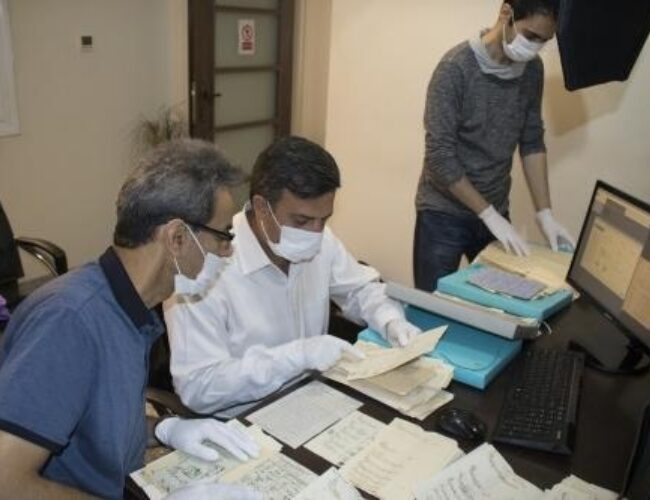After a major migration to India, the Zoroastrian community is a minority in Iran. Documents of the community are spread and sometimes forgotten in private collections. After many years of neglect, the manuscripts and documents of the Zoroastrian community will be visible to all in Yazd’s new Zoroastrian history museum.

Zoroastrianism, a religion based on the teachings of the prophet Zarathustra, was founded in the 6th century BC in ancient Iran. After the coming of Islam, the Zoroastrians migrated to India and other states, leaving a very small community in Iran. The recently discovered Avestan manuscripts, along with other documents, describe the life of the Zoroastrian community, and allow further research into an often neglected culture.
The manuscripts were discovered in 2011 and had been neglected until then. They are damaged by dust and mould, as well as rodents and other pests. However, the immediate threat to the manuscripts is theft, which has been increasingly common in recent years.
The project digitised 11 Avestan manuscripts, which are available through the Avestan Digital Archives. As this project dealt with recently discovered material, a collaboration of universities around the world was formed, which contributed to the achievements of this project. Local communities were trained in digitisation and preservation, to ensure future safekeeping of the material. Finally, the project team received the permission from the Cultural Heritage Organization to open a museum on Zoroastrian history in the city of Yazd, where the original material will be housed and preserved.
